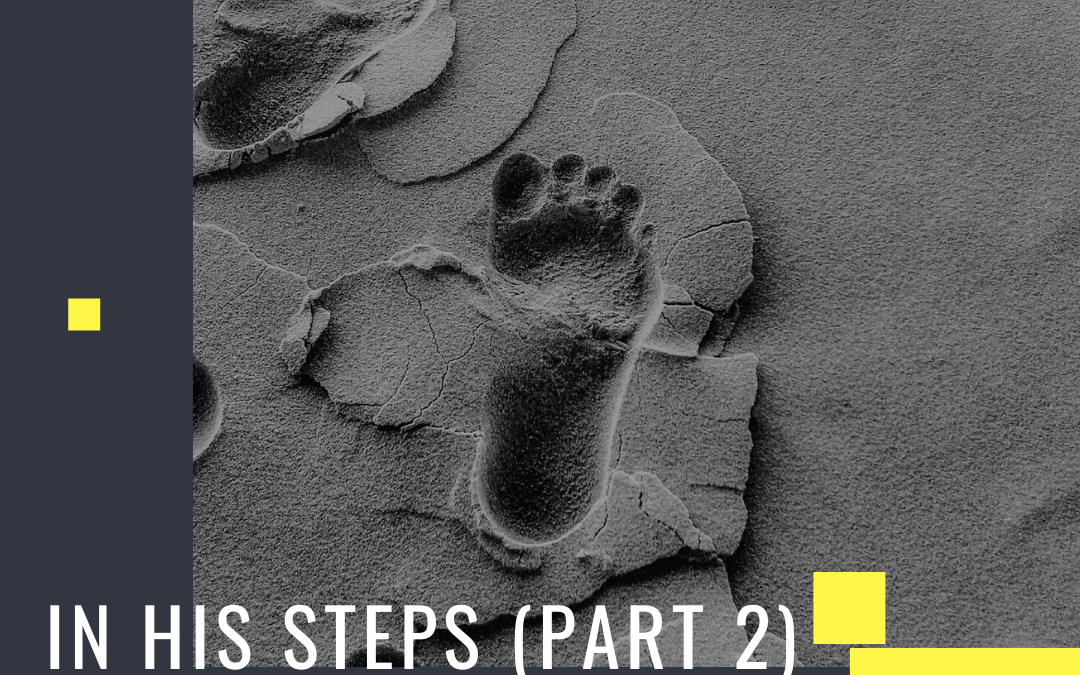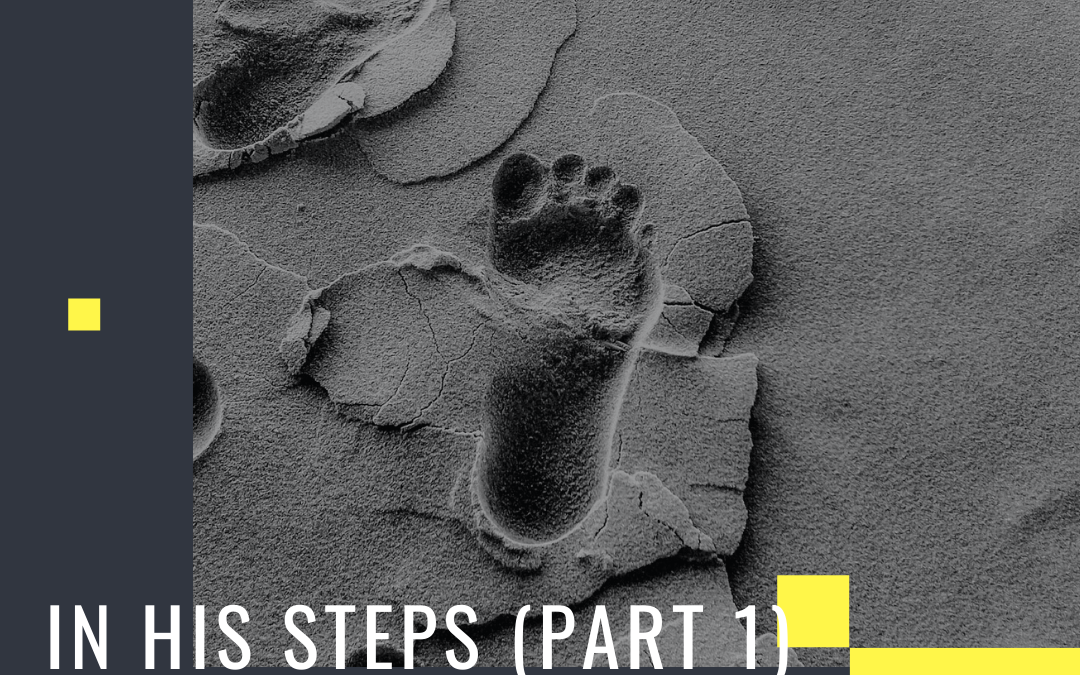
by Chris Staron | Jul 26, 2022 | Episodes
In His Steps free audiobook
This is the second part of this series. Please go back one episode to begin the complete audiobook
In His Steps by Charles Sheldon is a classic of Christian fiction. It is also one of the top-selling Christian books of all time. We’ve been running through the history of Christian fundamentalism this season. It’s worth noting that fundamentalism was a reaction to liberal theology, especially modernism. Another form of liberal theology was the “Social Gospel”. It was a movement led by people like Walter Rauschenbusch that emphasized the socially conscious aspects of Christianity, while simultaneously downplaying evangelism.
Christian fundamentalists did not like the Social Gospel. For one thing, it had a positive view of human progress. It said that the world could get better and better and then Jesus would return. Christian fundamentalists generally think that world history trends downward.
I’m presenting this original audio recording for many reasons. I think this book offers a great window into the era in which it was created (the late 1800s). It also represents the Social Gospel and a slice of the Holiness movement quite well. Finally, I think we need to hear this story in our modern context. Modern Christian churches are divided. What would happen if we dared to ask “What Would Jesus Do?”
Things to track as you listen:
- The role of women in this society
- Wealthy attitudes toward the poor
- The genesis of financial woes in this book is sometimes economic crisis (the late 1800s was full of panics and recessions) and sometimes sin based
- The Holiness movement and those who object to it
- Is this book evangelistic? If so, how is the gospel presented? If not, what does this book leave out?
- The overall positive view of human progress
- Social movements like the pure foods movement, temperance, suffrage, anti-gambling

by Chris Staron | Jul 19, 2022 | Episodes
In His Steps by Charles Sheldon
In His Steps by Charles Sheldon is a classic of Christian fiction. It is also one of the top-selling Christian books of all time. We’ve been running through the history of Christian fundamentalism this season. It’s worth noting that fundamentalism was a reaction to liberal theology, especially modernism. Another form of liberal theology was the “Social Gospel”. It was a movement led by people like Walter Rauschenbusch that emphasized the socially conscious aspects of Christianity, while simultaneously downplaying evangelism.
Christian fundamentalists did not like the Social Gospel. For one thing, it had a positive view of human progress. It said that the world could get better and better and then Jesus would return. Christian fundamentalists generally think that world history trends downward.
I’m presenting this original audio recording for many reasons. I think this book offers a great window into the era in which it was created (the late 1800s). It also represents the Social Gospel and a slice of the Holiness movement quite well. Finally, I think we need to hear this story in our modern context. Modern Christian churches are divided. What would happen if we dared to ask “What Would Jesus Do?”
Things to track as you listen:
- The role of women in this society
- Wealthy attitudes toward the poor
- The genesis of financial woes in this book is sometimes economic crisis (the late 1800s was full of panics and recessions) and sometimes sin based
- The Holiness movement and those who object to it
- Is this book evangelistic? If so, how is the gospel presented? If not, what does this book leave out?
- The overall positive view of human progress
- Social movements like the pure foods movement, temperance, suffrage, anti-gambling
In His Steps resides in the public domain, but this recording is copyrighted in 2022 by Truce Media LLC.

by Chris Staron | Jul 5, 2022 | Episodes
Can a Christian go a day without sinning?
Can a Christian be holy? Can we go a week, a day, or an hour without sinning?
These are questions that modern Christians struggle with. They have their origin in John Wesley, a hymn writer, preacher, and one of the founders of Methodism. In this episode of Truce, we track how this seemingly simple concept got tied up in movements from fundamentalism to Pentecostalism.
This episode is going to seem a bit “out there”. But this information is important to fundamentalism. Keswick Holiness in particular created an “us and them” scenario where there are Christians who “get it” and those who don’t. The divide is between “carnal” Christians and those who are really saved. This impulse makes it easier for fundamentalists to see themselves as set apart from other Christians.
We’re joined by Chris Evans, author of “Do Everything” which is a biography of suffragette Frances Willard.
Helpful Sources and Links:
- D.L. Moody: A Life by Kevin Belmonte
- The Evangelicals by Frances Fitzgerald
- John Wesley’s tract on perfection
- Fundamentalism and American Culture by George Marsden
- Church History in Plain Language by Bruce Shelley
Discussion Questions:
- How long can a Christian go without sinning?
- Do you see yourself as “better” or “different” from other Christians? Why? How does that impact the way you treat them?
- How did the holiness movement shape Pentecostalism?
- Do you see history and ideas as straight lines, or as a tangle?



